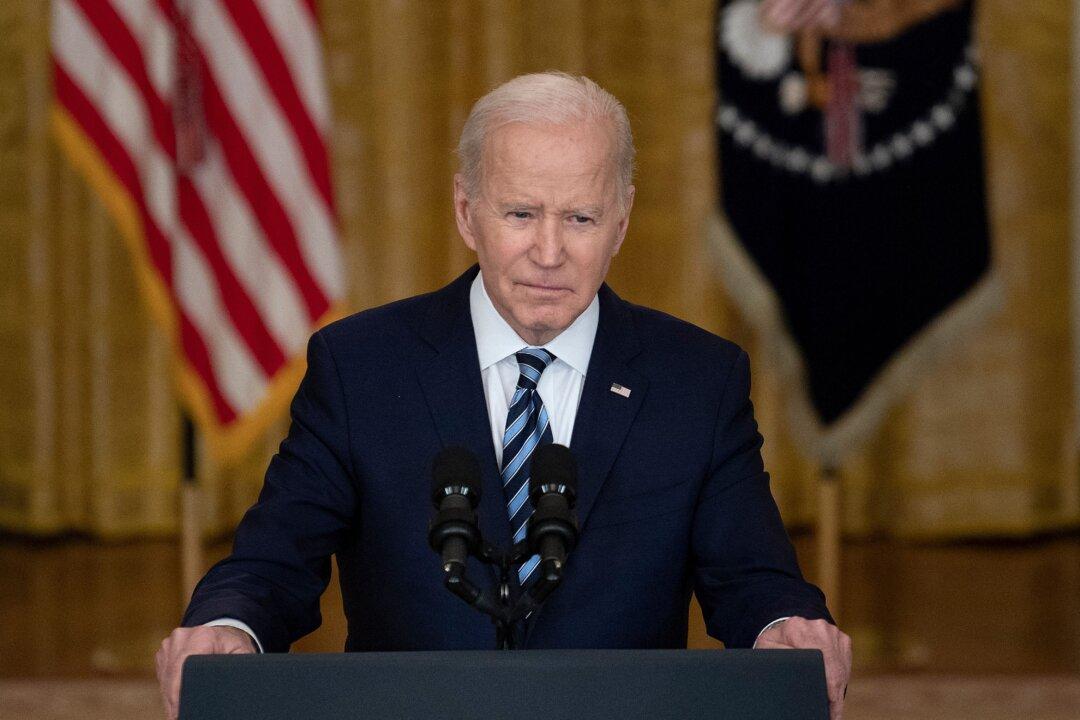The White House warned that it will have to make cutbacks to the U.S. COVID-19 response if Congress doesn’t authorize new funding.
“As the Administration has warned, failure to fund these efforts now will have severe consequences as we will not be equipped to deal with a future surge. Waiting to provide funding once we’re in a surge will be too late,” the White House wrote in a statement Tuesday.





